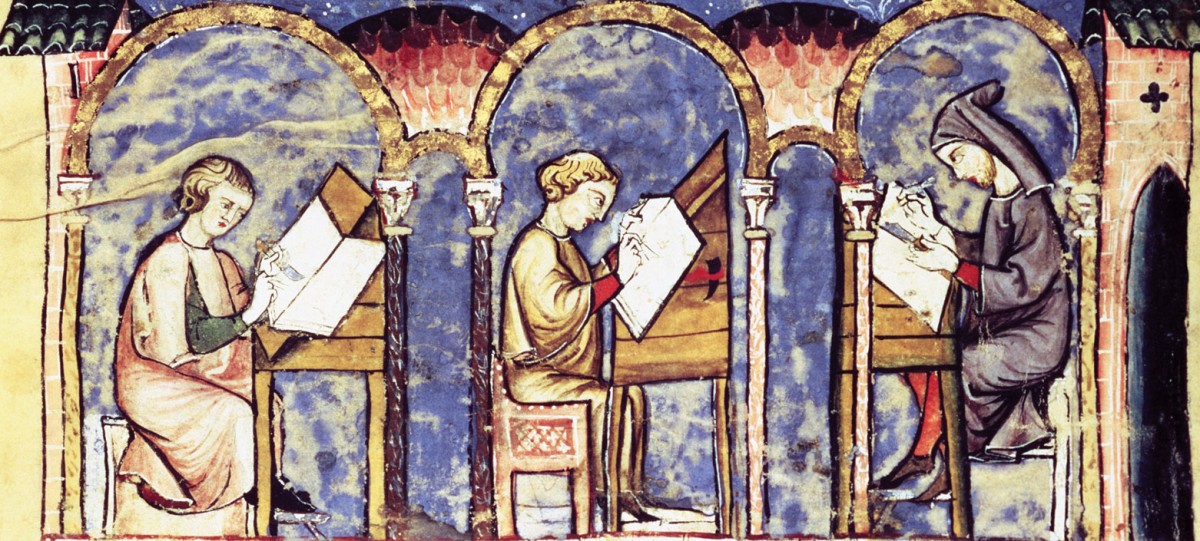I greatly enjoyed all of the mythological references found in Asterios Polyp. The Orpheus references really struck me in particular, as I found it an interesting commentary on how modern individuals go on a journey not so much through the underworld, but rather through our own set ideologies and practices to get to the other, “enlightened” side. The dream sequence that Asterios has when seeking out Hana is the exact way in which Orpheus went into the underworld to bring back Eurydice. However, it is through Asterios’s own stubbornness that he loses Hana, rather than him physically mistaking her to be “right behind him” when coming into the world. His assumptions about black and white views are what alienates many people from him, especially when he assumes his logical view is the correct one. Hana doesn’t see life that way, but his assumptions that she should are a wedge between them. He can’t always be right, but attempts to be, which doesn’t serve his own purposes at the end. However, by the end of the novel, he reconciles with Hana and they begin to bond again, only to be ambiguously hit by an asteroid. This twist on Orpheus’s story shows that there is redemption and a chance at reconciliation, but it may end up being too late once you finally realize your own past mistakes. Reparations can be made, but it is difficult to know when it’s not too late.
One thought on “The Modern Orpheus”
Leave a Reply
You must be logged in to post a comment.

I enjoy how you point out how there is an Orpheus story within an Orpheus story. It never occurred to me that the end of the book with the asteroid was tragically similar to the Greek myth. Just as Orpheus was almost out the Underworld when he lost Eurydice, Asterios is about to reach the other side of ‘enlightenment’ aka reconciling with Hana when they die and can never be together even though Asterios is ready.